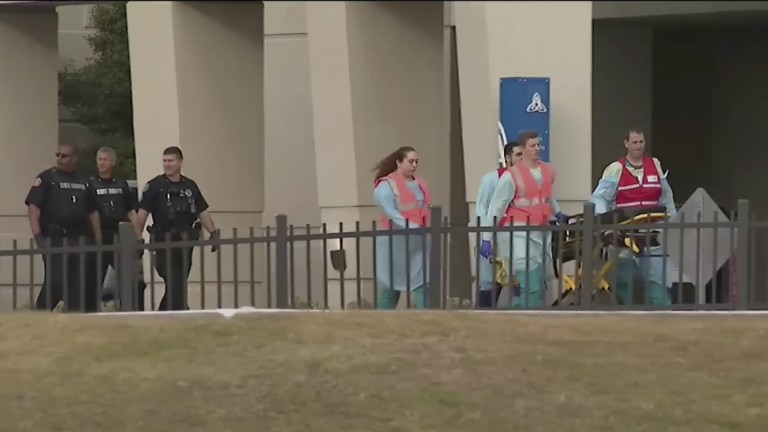The news: The FBI has sent Apple a request for the data on two locked and encrypted iPhones belonging to Mohammed Saeed Alshamrani, the gunman who killed three people at a naval base in Pensacola, Florida, last month. He was shot dead by officers on the scene.
The FBI has a search warrant for both devices and has been trying to guess passwords, according to the New York Times. Apple has said it has handed over all the data it possesses, including iCloud data, but it is impossible for it to bypass its own encryption and gain access to the devices. The existence of the letter was first reported by NBC.
Déjà vu: The situation is similar to a dispute between Apple and FBI in 2016 over an iPhone belonging to one of the perpetrators in the San Bernardino shooting. In that case, the FBI eventually found a private company able to break into the phone.
A potential showdown: This case could lead to another fight between the FBI and Apple over encryption, and feed into wider tensions between government and tech companies about this topic. Back in 2016 Apple’s CEO Tim Cook argued that creating a back door into iPhones would weaken security for all users. “Once created, the technique could be used over and over again, on any number of devices,” he wrote.
However, US Attorney General William Barr has been turning up the rhetoric on encryption recently. Last month he said that letting law enforcement agencies crack encrypted devices was one of the Justice Department’s “highest priorities.”

